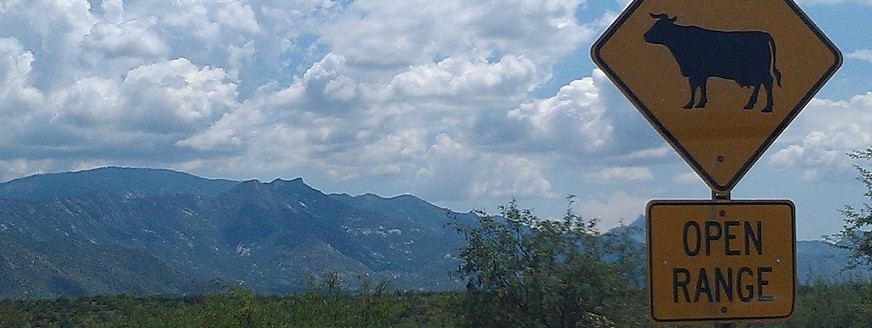When you watch a Kurosawa you don’t expect the shock and awe of a Michael Moore. Like the increasing sugar levels in many foods, we are expecting more shock and awe from our movies including food documentaries such as Food Inc. and Super Size Me. Unless you’re a vegan or vegetarian, you won’t get this from the film American Meat, a solutions-oriented documentary directed by Graham Meriwether.
American Meat is subtle, tells several real stories from the U.S. meat industry, points to some solutions as well as things that haven’t worked [yet], but doesn’t freak you out. It builds on the body of work of existing food documentaries and has a focus. It assumes we already know about industrial farming's methods from Food Inc or that eating too much McDonalds is bad for you as told by Super Size Me. American Meat could go into how Americans eat too much meat but it assumes that’s a constant limiting the fronts it takes on.
Key points that we liked in the film:
- We need more people to go into farming, it is an industry where the average age is over 50 where a healthy average age for an industry is around 35.
- Many animal farmers do not own the animals they raise. The big food companies such as Tyson and Perdue make the farmers take the risks of owning the equipment and land but keep ownership of the animals which leaves less money in the hands of the farmers.
- While technology can be demonized in places such as industrial farming, people like Joel Salatin of Polyface Farms has built contraptions such as eggmobiles and pigaerators. This is technology which enables him to efficiently replicate the natural ecosystem of land rotation so that poultry, cattle, and pigs can use the same land in a way that nature intended.
- Transparanecy is important. Joel at Polyface Farms has an open door policy and is not afraid of being inspected, visited, or asked any questions. Good luck getting that from companies like Monsanto.
- Food subsidies from the US Government help keep industrial farming cheaper for people who do not have the luxury to buy the higher priced grass fed or organic meats.
- Some farmers have tried to move to grass-fed farming but have not been able to get customers to sustain their business. These farmers do prefer the taste of grass-fed meats over the industrially farmed meats.
- Vote with your dollar. Everytime you buy something, you are making a statement. Farmers get as little as 10 cents for every dollar you spend at a supermarket. Joining a Community Supported Agriculture (CSA) gets more of that money directly to the farmers which means [in theory] that they can make a healthier product. We are joining the CSA in Flushing, New York.
We attended the screening at New York University on March 26, 2013 hosted by the NYU Earth Matters group. According to the IMDB page of the film, it will premier on April 12, 2013 in New York City.

We are so excited to see that you will be donating your post on April 8th to spread awareness about hunger. Wondering what you will write about? How about food drives for the 21st century…efficient, green, productive and fun! Everything is ONLINE now! See how this blogger, Mommy Poppins, invited her readers to join her in helping 10,000 hungry children in New York City with the click of a mouse! http://www.yougivegoods.com/Feed10000Kids